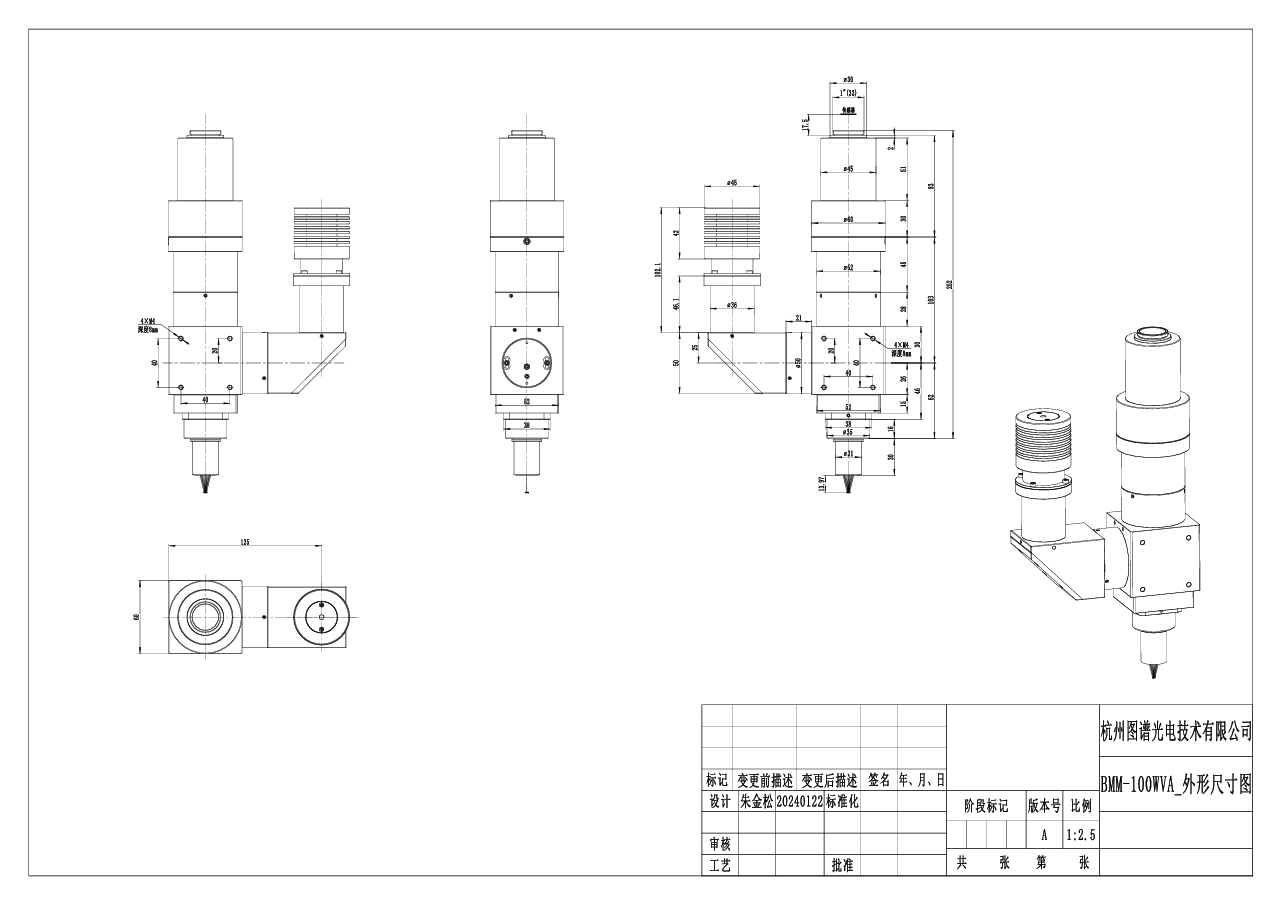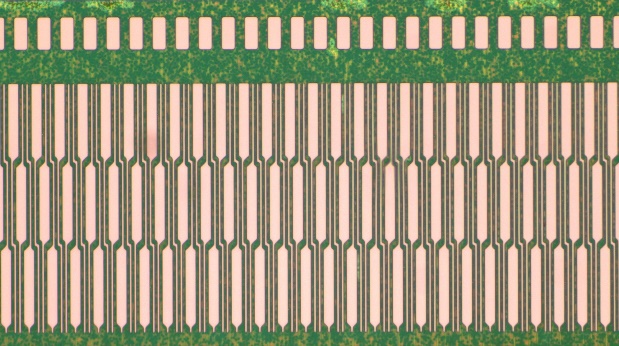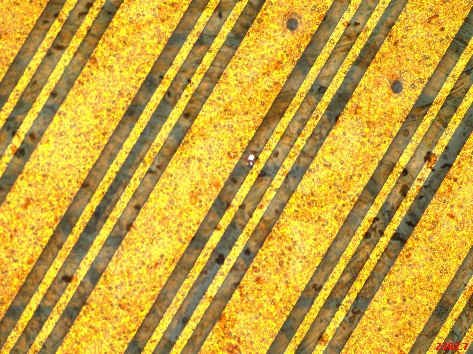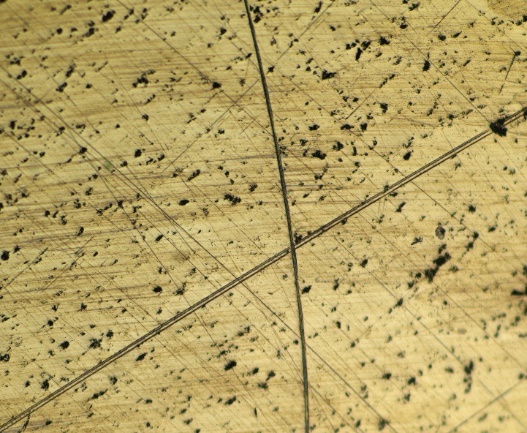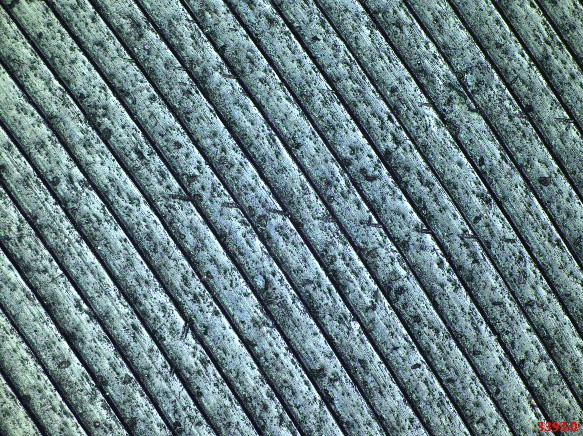BMM100 Series Brightfield Metallographic Microscope System
Product Introduction
A brightfield metallographic microscope is a precision optical instrument composed of illumination, imaging, and mechanical subsystems. It is widely applied across modern science and technology and serves as a critical inspection tool. Metallographic microscopes play an increasingly important role in biology, geology, mining, medicine, and related disciplines.
Product Features
- Integrated precision design for illumination, imaging, and mechanical subsystems
- Standard working distance objective series (60 mm parfocal distance)
- Long working distance objective series (95 mm parfocal distance)
- Selectable critical illumination or Köhler illumination
- 10 W high-brightness LED illumination system
- 25 mm large image circle design
- Multiple camera interface options (C / M42 / M52)
- Selectable white LED or blue LED light sources
System Configuration and Parameters
Professional brightfield metallographic microscopy system providing precise imaging solutions for material inspection
System working principle
The BMM100 brightfield metallographic system uses reflected brightfield illumination and precision optical design to deliver high-quality imaging of material microstructures.
Illumination system
Provides uniform, stable epi-illumination with selectable critical or Köhler modes to ensure optimal surface lighting.
Imaging system
Employs high-quality optics and an optimised light path with dedicated objectives for high-resolution, high-contrast imaging.
Mechanical system
Precision mechanics guarantee system stability and repeatable positioning accuracy, supporting long-duration observation and inspection.
Objective Series Parameters
Standard working-distance objective series (60 mm parfocal distance with a 200 mm tube lens )
| Model | Magnification | NA | Working Distance | Focal Length | Resolution | Object Field | Image Field |
|---|---|---|---|---|---|---|---|
| BF5XA | 5X | 0.15 | 23.5mm | 39 mm | 2.2µm | 5mm | 25 mm |
| BF10XA | 10X | 0.3 | 22.8mm | 20mm | 1.1µm | 2.5mm | 25 mm |
| BF20XA | 20X | 0.4 | 19.2mm | 10mm | 0.8µm | 1.1mm | 25 mm |
| BF50XA | 50X | 0.55 | 11mm | 4mm | 0.6µm | 0.44mm | 25 mm |
Long working-distance objective series (95 mm parfocal distance with a 200 mm tube lens )
| Model | Magnification | NA | Working Distance | Focal Length | Resolution | Object Field | Image Field |
|---|---|---|---|---|---|---|---|
| BFL2XA | 2X | 0.055 | 33.7mm | 100 mm | 6.1µm | 12.5mm | 25 mm |
| BFL5XA | 5X | 0.14 | 33.6mm | 40 mm | 2.2µm | 5mm | 25 mm |
| BFL10XA | 10X | 0.28 | 33.4mm | 20 mm | 1.2µm | 2.5mm | 25 mm |
| BFL20XA | 20X | 0.34 | 29.5mm | 10 mm | 0.8µm | 1.25mm | 25 mm |
| BFL50XA | 50X | 0.5 | 18.9mm | 4 mm | 0.7µm | 0.5mm | 25 mm |
System Technical Specifications
Optical System
- Imaging Path
- 1X (tube lens focal length 180 mm), custom reduction optics available
- Image Size
- 25 mm
- Spectral Range
- Visible light
- Tube Lens Focal
- 200 mm
Illumination System
- Illumination
- Selectable critical or Köhler illumination
- Light Source
- 10W LED
- Light Options
- Optional white or blue LED
Mechanical System
- Camera Interface
- Selectable interfaces: C / M42 / M52
- Objective Thread
- M26×0.705
- Focusing
- Precision focusing system
Typical Application Cases
Professional applications of BMM100 system in various fields
Metal and Alloy Inspection
The BMM100 series is vital for analysing the microstructure of metal and alloy materials, clearly revealing grains, phases, inclusions, and defects to support material performance evaluation and quality control.
- High-resolution observation of metal grain structures
- Accurate identification of phases and inclusions
- Clear visualisation of surface defects
- Supports quantitative metallographic analysis
- Applicable to a wide range of metals and alloys
LCD Inspection
The system evaluates pixel structures, flex connections, conductive particle distribution, and other key quality indicators during LCD production to ensure display performance and reliability.
- Clear observation of LCD pixel structures
- Precise inspection of flex interconnect quality
- Assessment of conductive particle distribution uniformity
- Identification of display defects and anomalies
- Supports integration with automated inspection
More Application Fields
Non-Metal Materials Testing
The BMM100 series also applies to plastics, ceramics, and composites, capturing surface morphology and internal structure to support material R&D and quality assurance.
- Observe surface textures on plastics
- Inspect fibre distribution in composites
- Analyse ceramic grain structures
Geological and Mineral Analysis
BMM100 is used for mineral identification, rock structure analysis, and ore grade evaluation, supporting geological exploration and mining development.
- Accurate identification of mineral composition
- Analysis of rock microstructures
- Ore grade evaluation
Biomedical Research
In biomedical applications, the system enables tissue section inspection, cell morphology analysis, and pathology studies, providing precise microscopic imagery for research and clinical diagnostics.
- High-clarity imaging of tissue sections
- Accurate cell morphology observation
- Supports pathological diagnosis
Advantages compared with other microscopy techniques
| Comparison Technology | BMM100 System Advantages |
|---|---|
| Darkfield microscope | BMM100 brightfield imaging delivers truer colour reproduction and higher contrast, making it suitable for most routine material inspections. |
| Polarising microscope | BMM100 is easier to operate, requires no specialised sample preparation, and covers a broader range of applications. |
| Fluorescence microscopy | BMM100 avoids fluorescence labelling, observes intrinsic material characteristics directly, and reduces cost. |
| Electron microscope | BMM100 operates without vacuum conditions, is easier to use, supports live samples, and has lower maintenance costs. |
System Configuration and Accessories
Standard Configuration
- BMM100 main system
- Coaxial polarised illumination module
- Precision focusing mechanism
- Precision focusing stage
- Anti-vibration base
Optional Accessories
- Standard working distance objectives (5X-50X)
- Rotating specimen stage
- Automated stage control
- Reducer optics (0.5X / 0.63X / 0.75X)
- Custom-wavelength LED sources
- Anti-vibration platform
- Sample holding fixtures
- Dust cover
The BMM100 Series features modular design, allowing flexible configuration based on specific inspection requirements
BMM100 System Advantages
Professional brightfield metallographic microscopy technology providing precise material inspection solutions
High-Precision Imaging System
Optimized optical design and high-quality optical elements ensure clear and sharp images with authentic color reproduction.
Wide Application Range
Suitable for inspection of metals, alloys, plastics, ceramics, and various other materials, meeting quality control requirements across industries.
Modular Design
Flexible configuration options allow selection of objectives, illumination methods, and camera interfaces according to requirements, facilitating upgrades and maintenance.
LED Cold Light Source
10 W high-power LED illumination with low heat generation and long service life, providing stable and uniform lighting effects.
Stable Mechanical Structure
Precision focusing mechanism and anti-vibration design ensure long-term precision and image stability.
Easy Operation
No special sample preparation required, intuitive operating interface for quick mastery, improving inspection efficiency.


